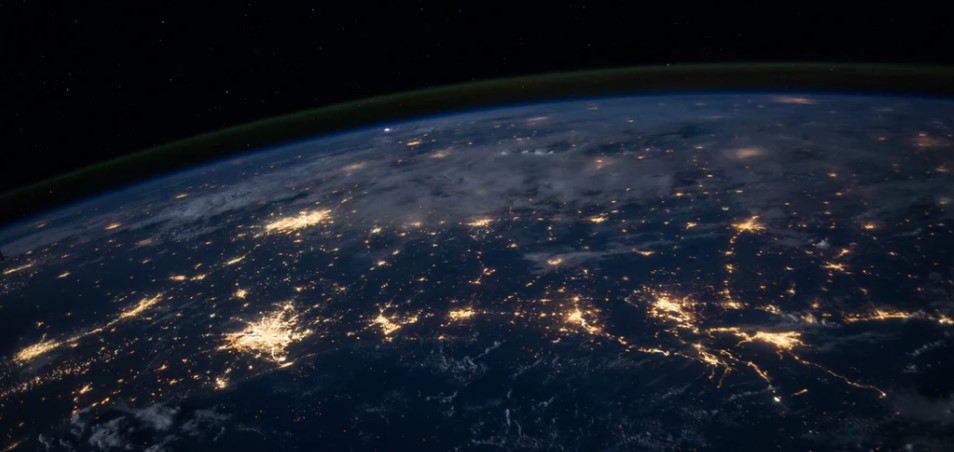How tech billionaires’ visions of human nature shape our world
In the 20th century, politicians’ views of human nature shaped societies. But now, creators of new technologies increasingly drive societal change. Their view of human nature may shape the 21st century. We must know what technologists see in humanity’s heart.
Published: September 19, 2020, 4:28 pm
The economist Thomas Sowell proposed two visions of human nature. The utopian vision sees people as naturally good. The world corrupts us, but the wise can perfect us.
The tragic vision sees us as inherently flawed. Our sickness is selfishness. We cannot be trusted with power over others. There are no perfect solutions, only imperfect trade-offs.
Science supports the tragic vision. So does history. The French, Russian and Chinese revolutions were utopian visions. They paved their paths to paradise with 50 million dead.
The USA’s founding fathers held the tragic vision. They created checks and balances to constrain political leaders’ worst impulses.
Technologists’ visions
Yet when Americans founded online social networks, the tragic vision was forgotten. Founders were trusted to juggle their self-interest and the public interest when designing these networks and gaining vast data troves.
Users, companies and countries were trusted not to abuse their new social-networked power. Mobs were not constrained. This led to abuse and manipulation.
Belatedly, social networks have adopted tragic visions. Facebook now acknowledges regulation is needed to get the best from social media.
Tech billionaire Elon Musk dabbles in both the tragic and utopian visions. He thinks “most people are actually pretty good”. But he supports market, not government control, wants competition to keep us honest, and sees evil in individuals.
Musk’s tragic vision propels us to Mars in case short-sighted selfishness destroys Earth. Yet his utopian vision assumes people on Mars could be entrusted with the direct democracy that America’s founding fathers feared. His utopian vision also assumes giving us tools to think better won’t simply enhance our Machiavellianism.
Bill Gates leans to the tragic and tries to create a better world within humanity’s constraints. Gates recognises our self-interest and supports market-based rewards to help us behave better. Yet he believes “creative capitalism” can tie self-interest to our inbuilt desire to help others, benefiting all.
A different tragic vision lies in the writings of Peter Thiel. This billionaire tech investor was influenced by philosophers Leo Strauss and Carl Schmitt. Both believed evil, in the form of a drive for dominance, is part of our nature.
Thiel dismisses the “Enlightenment view of the natural goodness of humanity”. Instead, he approvingly cites the view that humans are “potentially evil or at least dangerous beings”.
The consequences of seeing evil
The German philosopher Friedrich Nietzsche warned that those who fight monsters must beware of becoming monsters themselves. He was right.
People who believe in evil are more likely to demonise, dehumanise, and punish wrongdoers. They are more likely to support violence before and after another’s transgression. They feel that redemptive violence can eradicate evil and save the world. Americans who believe in evil are more likely to support torture, killing terrorists and America’s possession of nuclear weapons.
Technologists who see evil risk creating coercive solutions. Those who believe in evil are less likely to think deeply about why people act as they do. They are also less likely to see how situations influence people’s actions.
Two years after 9/11, Peter Thiel founded Palantir. This company creates software to analyse big data sets, helping businesses fight fraud and the US government combat crime.
Thiel is a Republican-supporting libertarian. Yet, he appointed a Democrat-supporting neo-Marxist, Alex Karp, as Palantir’s CEO. Beneath their differences lies a shared belief in the inherent dangerousness of humans. Karp’s PhD thesis argued that we have a fundamental aggressive drive towards death and destruction.
Just as believing in evil is associated with supporting pre-emptive aggression, Palantir doesn’t just wait for people to commit crimes. It has patented a “crime risk forecasting system” to predict crimes and has trialled predictive policing. This has raised concerns.
Karp’s tragic vision acknowledges that Palantir needs constraints. He stresses the judiciary must put “checks and balances on the implementation” of Palantir’s technology. He says the use of Palantir’s software should be “decided by society in an open debate”, rather than by Silicon Valley engineers.
Yet, Thiel cites philosopher Leo Strauss’ suggestion that America partly owes her greatness “to her occasional deviation” from principles of freedom and justice. Strauss recommended hiding such deviations under a veil.
Thiel introduces the Straussian argument that only “the secret coordination of the world’s intelligence services” can support a US-led international peace. This recalls Colonel Jessop in the film, A Few Good Men, who felt he should deal with dangerous truths in darkness.
Can we handle the truth?
Seeing evil after 9/11 led technologists and governments to overreach in their surveillance. This included using the formerly secret XKEYSCORE computer system used by the US National Security Agency to colllect people’s internet data, which is linked to Palantir. The American people rejected this approach and democratic processes increased oversight and limited surveillance.
Facing the abyss
Tragic visions pose risks. Freedom may be unnecessarily and coercively limited. External roots of violence, like scarcity and exclusion, may be overlooked. Yet if technology creates economic growth it will address many external causes of conflict.
Utopian visions ignore the dangers within. Technology that only changes the world is insufficient to save us from our selfishness and, as I argue in a forthcoming book, our spite.
Technology must change the world working within the constraints of human nature. Crucially, as Karp notes, democratic institutions, not technologists, must ultimately decide society’s shape. Technology’s outputs must be democracy’s inputs.
This may involve us acknowledging hard truths about our nature. But what if society does not wish to face these? Those who cannot handle truth make others fear to speak it.
Straussian technologists, who believe but dare not speak dangerous truths, may feel compelled to protect society in undemocratic darkness. They overstep, yet are encouraged to by those who see more harm in speech than its suppression.
The ancient Greeks had a name for someone with the courage to tell truths that could put them in danger – the parrhesiast. But the parrhesiast needed a listener who promised to not to react with anger. This parrhesiastic contract allowed dangerous truth-telling.
We have shredded this contract. We must renew it. Armed with the truth, the Greeks felt they could take care of themselves and others. Armed with both truth and technology we can move closer to fulfilling this promise.
Simon McCarthy-Jones is an Associate Professor in Clinical Psychology and Neuropsychology, Trinity College Dublin. He receives funding from the US-based Brain and Behavior Research Foundation.
All rights reserved. You have permission to quote freely from the articles provided that the source (www.freewestmedia.com) is given. Photos may not be used without our consent.
Consider donating to support our work
Help us to produce more articles like this. FreeWestMedia is depending on donations from our readers to keep going. With your help, we expose the mainstream fake news agenda.
Keep your language polite. Readers from many different countries visit and contribute to Free West Media and we must therefore obey the rules in, for example, Germany. Illegal content will be deleted.
If you have been approved to post comments without preview from FWM, you are responsible for violations of any law. This means that FWM may be forced to cooperate with authorities in a possible crime investigation.
If your comments are subject to preview by FWM, please be patient. We continually review comments but depending on the time of day it can take up to several hours before your comment is reviewed.
We reserve the right to delete comments that are offensive, contain slander or foul language, or are irrelevant to the discussion.
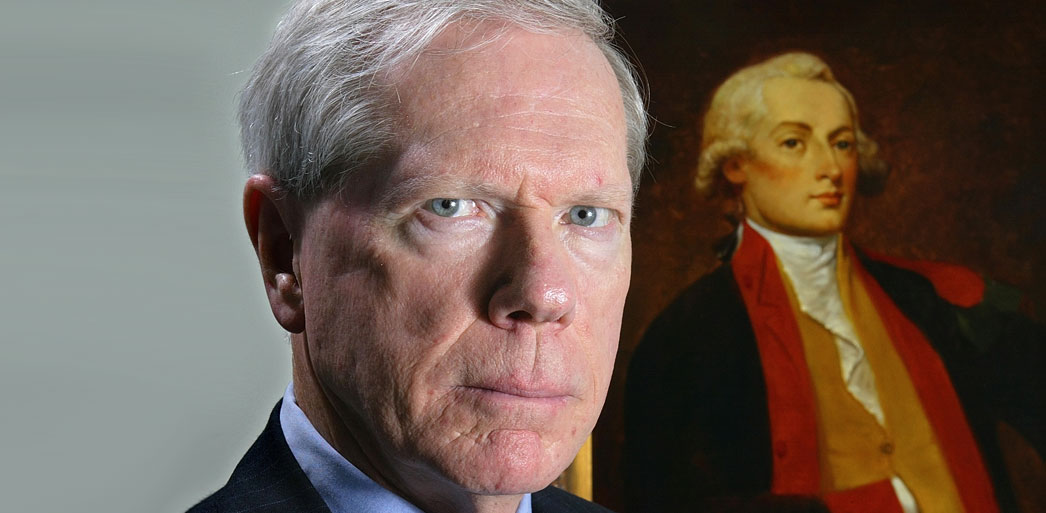
The inflation hoax
Yes, prices are rising, but not for the reasons the Federal Reserve says. When I say inflation is a hoax, I mean the purported cause is a hoax. The Fed is fighting a consumer inflation, a “demand-pull” inflation. But what we are experiencing is a supply-side inflation caused by the Covid lockdowns and economic sanctions that closed businesses, disrupted supply chains, and broke business relationships while reducing energy supplies to the UK and European countries, thus forcing up costs in a globalized economy.

Two-Party Pox: The Republicans suck and the Democrats want to kill you
The Republican Party has never stood up for Americans, will never stand up for them and is not going to do what it takes. Past is prologue.

Russia’s loss at Kharkov highlights crippling shortage of men
KharkovThe frontline in this case relied on heavily outnumbered 2nd rate Lugansk draftees plucked from the LPR.
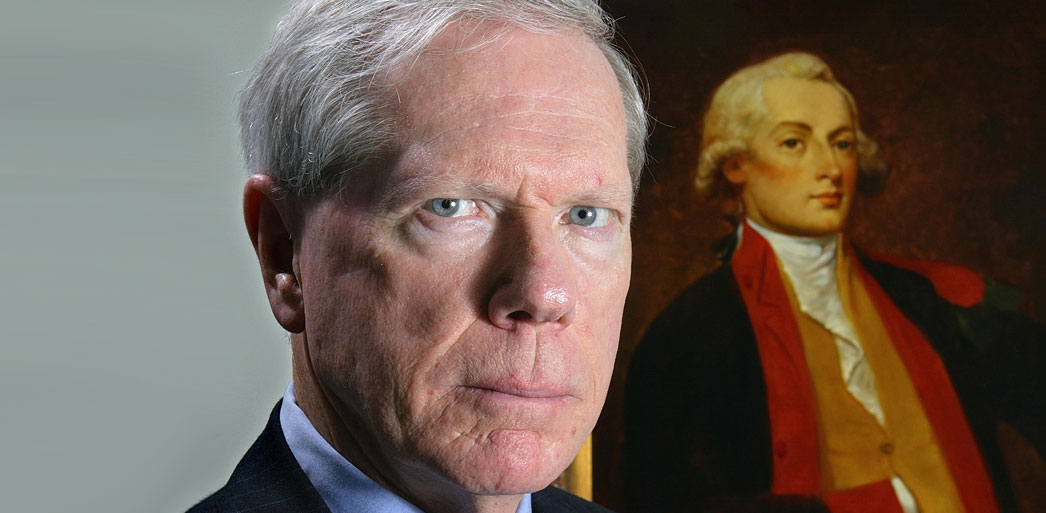
A country without an honest media is lost
For some time I have reported to you that in place of a media, a media that our founding fathers relied on to protect our society, the United States has had a propaganda ministry whose sole purpose is to destroy our society.

Sweden’s decaying democracy
A journalist is arrested and dragged out of the Gothenburg Book Fair because he politely asked a powerful politician... the wrong questions about his support for the ethnically-cleansed Zimbabwean dictatorship. Not only journalists, but academics and bloggers are being hounded by the leftist establishment daily. And the leftists have all the nasty instruments of the state at their disposal. Citizen reporter Fabian Fjälling looks into their excesses.
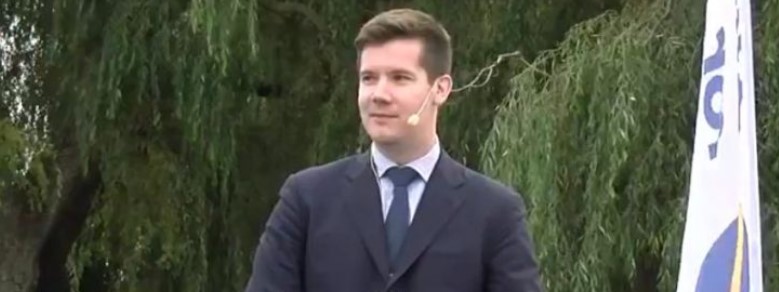
The geopolitical future of Nordic countries
Between unity and disunity, independence and foreign interference: Nordic countries have to either choose between creating an independent neutral block in the North, or seeing the region being divided between the great powers.
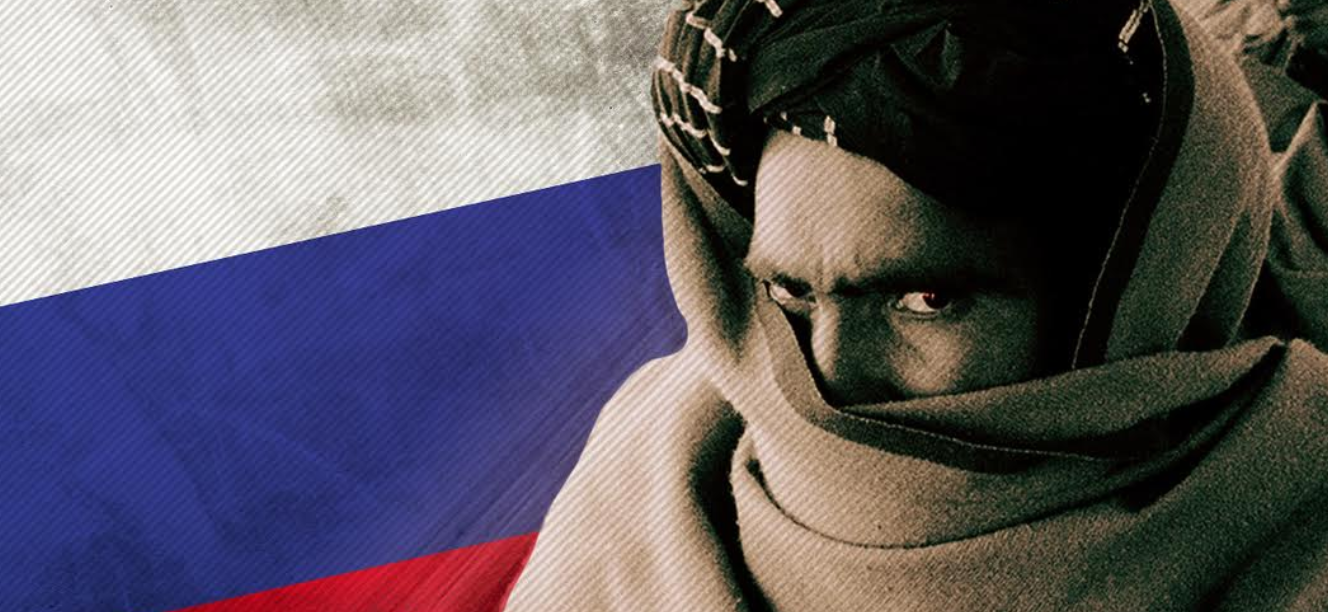
Russian, Chinese intelligence: ISIS heading for Central Asia with US cover
Operatives of the crumbling Islamic State in Syria and Iraq (ISIS) are moving to new battlegrounds near the Russian border, intelligence sources have revealed.

The unraveling of US/Russian relations
Washington has taken nuclear war against Russia from a hypothetical scenario to a real danger that threatens the future of humanity.

Hero commander killed in Syria – when the war is nearly won
For most Syrians it came as a shock: One of the most popular military commanders of the Syrian Arab Army, Issam Zahreddine, was killed on 18 October 2017.





